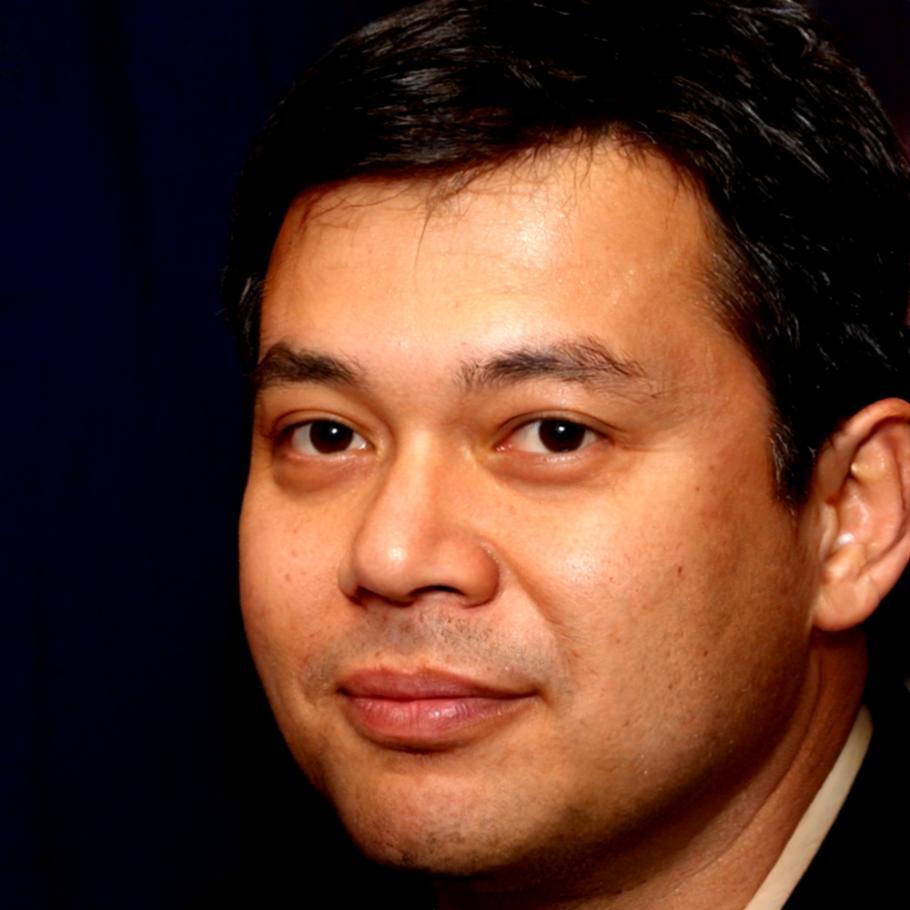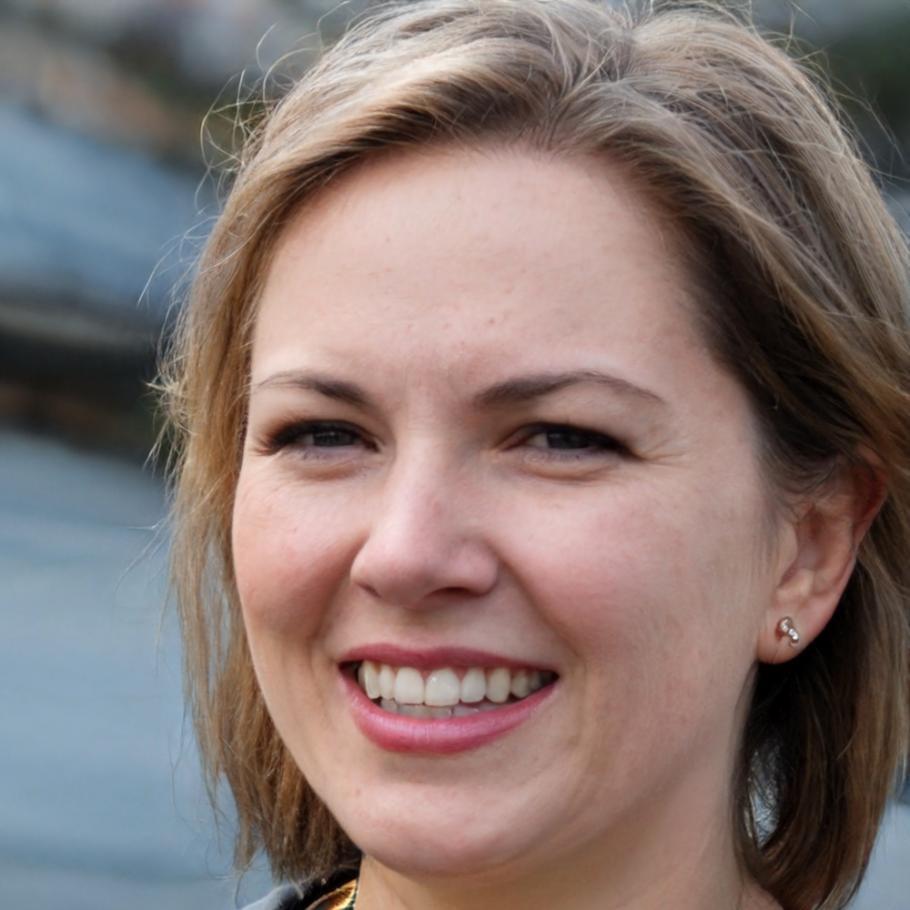We Start With Your Reality
Too many programs begin with an ideal budget template. We start by looking at your actual spending over the past few months—not to judge, but to understand patterns. That coffee habit everyone tells you to cut? Maybe it's your one daily pleasure. We work from there.
One participant discovered she spent very little on entertainment but nearly $400 monthly on convenience foods during work weeks. Not because she was careless, but because her commute was brutal and cooking felt impossible. We found solutions that worked for her actual schedule.
- No shame-based approach to past spending
- Focus on patterns, not individual purchases
- Solutions that fit your schedule and energy levels
- Recognition that context matters more than willpower





